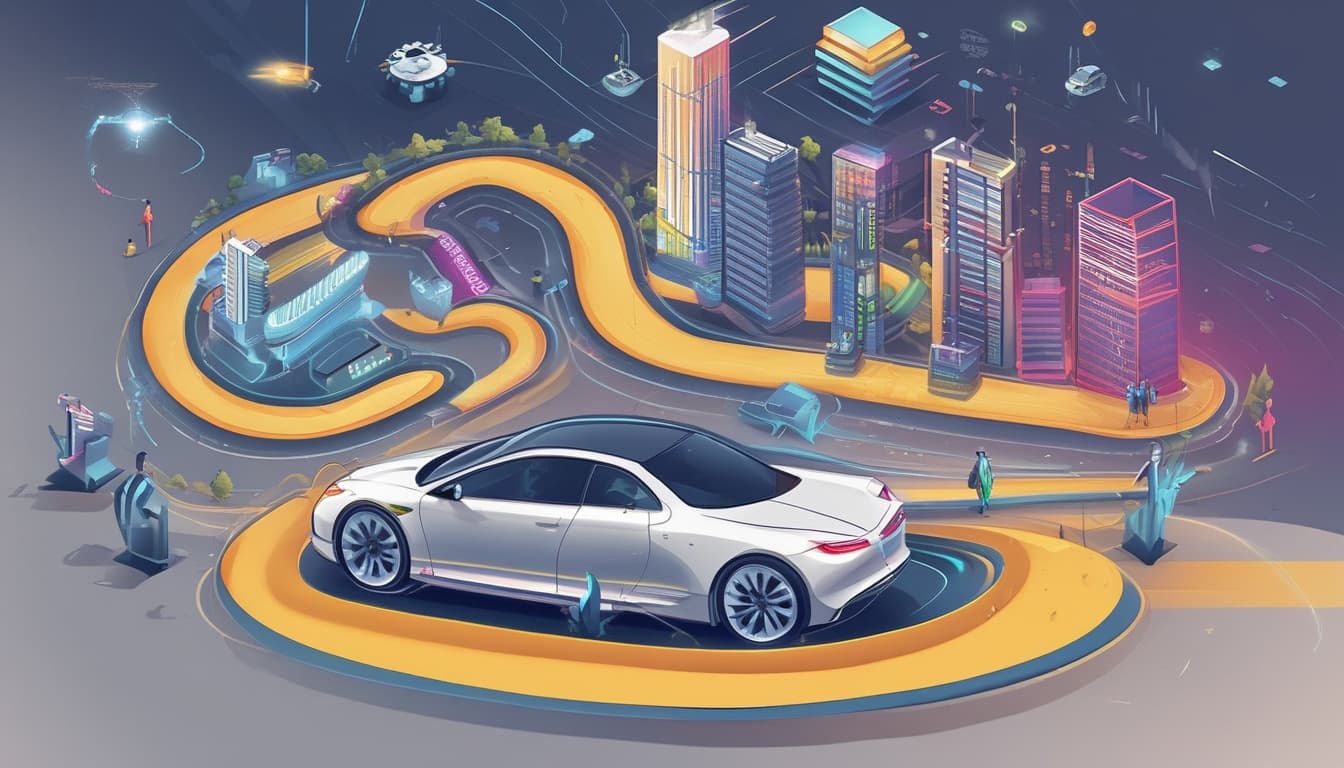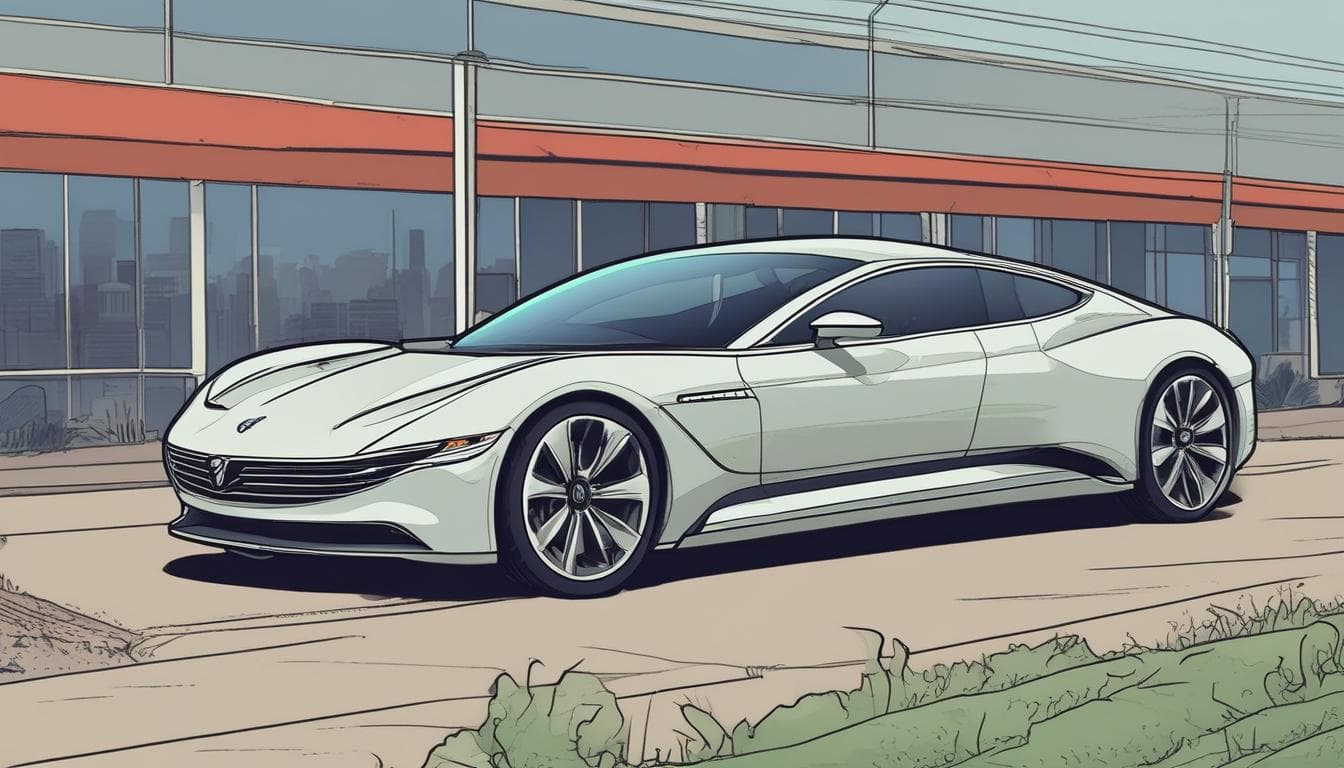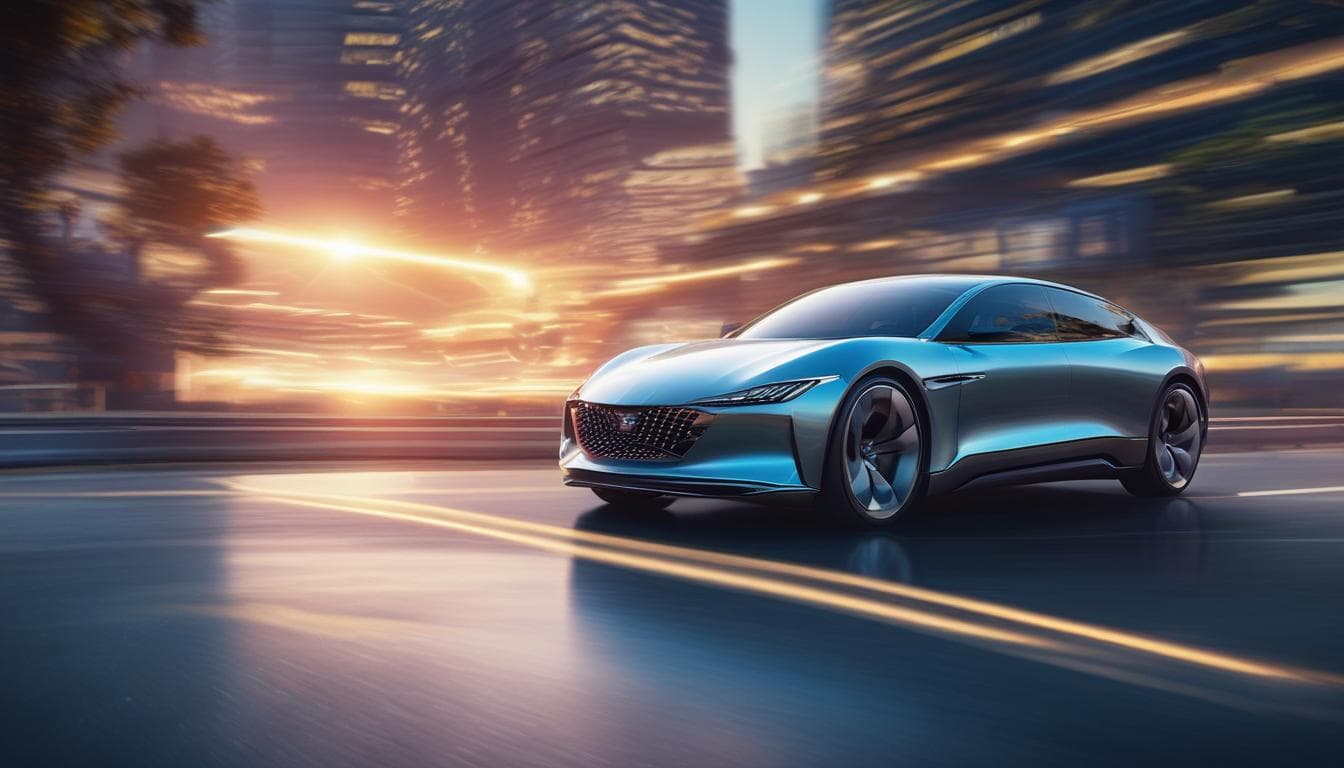Imagine a future where your car's internal soundscape isn't just for entertainment, but dynamically adapts to your mood, the driving conditions, or even historical context from its journey. Beyond personalized playlists, consider a vehicle that intuitively orchestrates ambient sounds, haptic feedback, and subtle sonic cues to enhance focus, reduce stress, or evoke specific emotions. How might such an emotionally intelligent and adaptive sound environment transform our relationship with driving, and what ethical considerations arise from a car actively influencing our psychological state?
This is a truly thought-provoking discussion! The idea of a car's internal soundscape dynamically adapting to our emotional state and driving context moves beyond mere entertainment into a much deeper, more integrated experience.
Transforming the Driving Relationship: Such an emotionally intelligent sound environment could profoundly redefine our connection with our vehicles. Imagine a long commute where the car senses rising stress levels and subtly shifts to calming ambient tones, or a focused driving scenario where subtle sonic cues enhance alertness without being intrusive. This level of hyper-personalization in automotive experiences could transform a mundane journey into a therapeutic or invigorating one. It could even leverage historical journey data to evoke specific memories or feelings, creating a truly unique and memorable interaction. For instance, if you often drive a specific route for a relaxing weekend getaway, the car might learn to associate that route with a particular calming sound profile. This goes hand-in-hand with advancements in in-cabin sensing technologies that can accurately detect driver mood and focus.
Ethical Considerations: However, the ethical implications are significant. A car actively influencing our psychological state raises questions about autonomy and manipulation.
- Consent and Control: Do drivers fully consent to this level of emotional influence? How much control should they have over these adaptive soundscapes?
- Privacy: What data is being collected about our emotional states and driving habits, and how is it used? This ties into broader discussions about data privacy in connected vehicles.
- Dependency and Distraction: Could an over-reliance on these systems lead to a decreased ability to self-regulate emotions or even create a new form of distraction if the system's interventions are poorly timed or intrusive?
- Bias: Are these systems truly emotionally neutral, or could they inadvertently reinforce societal biases in their programming?
It's crucial that as we develop these advanced capabilities, we also prioritize ethical AI development in automotive. Transparency in how these systems work, robust user controls, and clear guidelines for data usage will be paramount. The goal should be to augment the driving experience and well-being, not to inadvertently control or manipulate it. This also opens up a fascinating area for designers and engineers working on next-generation automotive human-machine interfaces, who will need to balance innovation with user trust and ethical design principles.
Ultimately, this vision promises a more intimate and responsive driving experience, but it demands careful consideration of the boundaries between assistance and influence.
이 주제에 대해 더 알아보기
대화에 참여하기
- 자율주행 시대, 자동차의 '영혼'은 어떻게 진화할까?
자율주행 시대, 자동차는 단순한 이동 수단을 넘어 AI 기반의 '움직이는 공간'으로 진화합니다. 하지만 전통적인 자동차의 '영혼'과 운전의 즐거움은 어떻게 될까요? 미래 자동차와 인간의 감성적 유대감, 그리고 자동차의 의미 변화에 대한 깊이 있는 통찰을 나눕니다.
- 자율주행 시대, 자동차의 '디지털 영혼'은 어떤 가치를 가질까요?
자율주행 시대에 자동차가 단순히 폐기되는 것을 넘어, 축적된 주행 데이터와 개인 정보를 보존하는 '디지털 아카이브'로 진화할 가능성을 탐구합니다. 차량의 '디지털 유산'이 가져올 새로운 가치와 미래 모빌리티의 방향성에 대해 함께 토론해 보세요.
- 자율주행 시대, 운전자의 새로운 역할과 미래 모빌리티 라이프스타일
완전 자율주행 시대, 자동차가 단순한 이동 수단을 넘어 지능형 공간으로 진화할 때 운전자의 역할은 어떻게 변화할까요? 미래 모빌리티 라이프스타일 전문가로서 필요한 새로운 기술과 상호작용 방식에 대해 심층적으로 탐구합니다.





